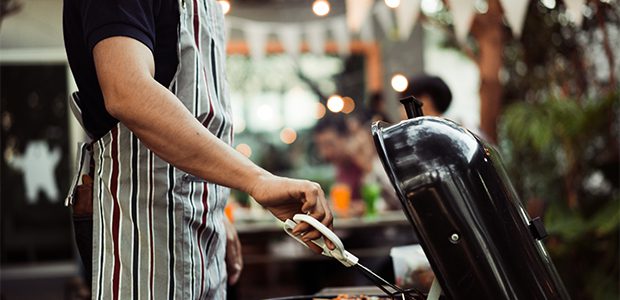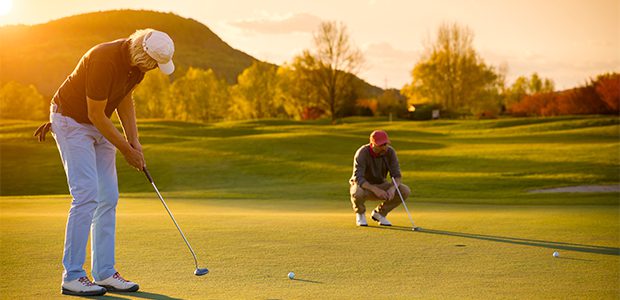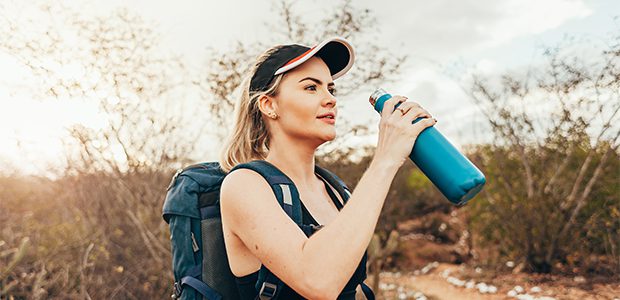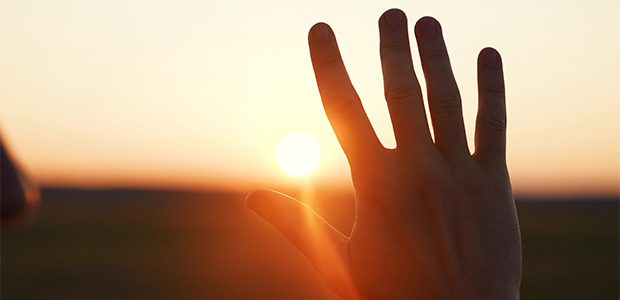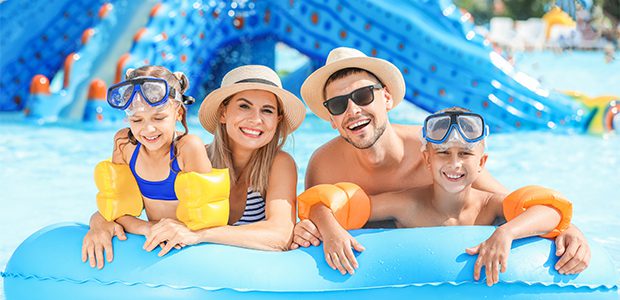Gas Grills
- Liquid petroleum (LP) gas or propane, used in gas grills, is highly flammable. Each year about 30 people are injured as a result of gas grill fires and explosions. Many of these occur when consumers first use a grill that has been left idle for a period of time or just after refilling and reattaching the grill’s gas container.
- To reduce the risk of fire or explosion, consumers should routinely perform the following safety checks:
- Check the tubes that lead into the burner for any blockage from insects, spiders, or food grease. Use a pipe cleaner or wire to clear blockage and push it through to the main part of the burner.
- Check grill hoses for cracking, brittleness, holes, and leaks. Make sure there are no sharp bends in the hose or tubing.
- Move gas hoses as far away as possible from hot surfaces and dripping hot grease. If you can’t move the hoses, install a heat shield to protect them.
- Replace scratched or nicked connectors, which can eventually leak gas.
- Check for gas leaks, following the manufacturer’s instructions, if you smell gas or when you reconnect the grill to the LP gas container. If you detect a leak, immediately turn off the gas and don’t attempt to light the grill until the leak is fixed.
- Keep lighted cigarettes, matches and open flames away from a leaking grill.
- Never use a grill indoors. Use the grill at least 10 feet away from your house or any building. Do not use the grill in a garage, breezeway, carport, porch or under a surface that can catch fire.
- Do not attempt to repair the tank valve or the appliance yourself. See an LP gas dealer or a qualified appliance repair person.
- Always follow the manufacturer’s instructions that accompany the grill and when connecting or disconnecting LP gas containers.
- Consumers should use caution when storing LP gas containers. Always keep containers upright. Never store a spare gas container under or near the grill or indoors. Never store or use flammable liquids, like gasoline, near the grill.
- To avoid accidents while transporting LP gas containers, transport the container in a secure, upright position. Never keep a filled container in a hot car or car trunk. Heat will cause the gas pressure to increase, which may open the relief valve and allow gas to escape.
Charcoal Grills
- Charcoal produces carbon monoxide when burned. Carbon monoxide is a colorless, odorless gas that can accumulate to toxic levels in closed environments. Each year about 30 people die and 100 are injured as a result of carbon monoxide fumes from charcoal grills and hibachis used indoors.
- To reduce carbon monoxide poisonings, never burn charcoal indoors, in vehicles, tents or campers, even if ventilated. Since charcoal produces carbon monoxide fumes until the charcoal is completely extinguished, do not store the grill indoors with freshly used coals.
For more information, visit the CPSC website at www.cpsc.gov.

